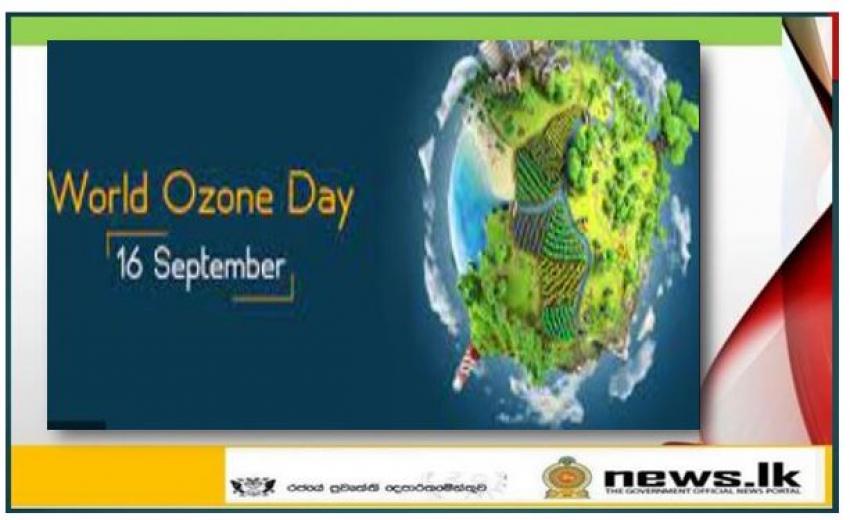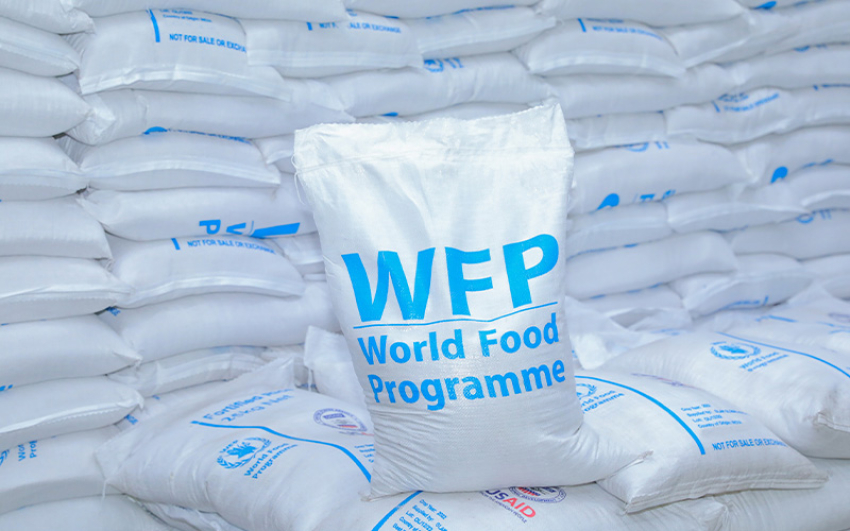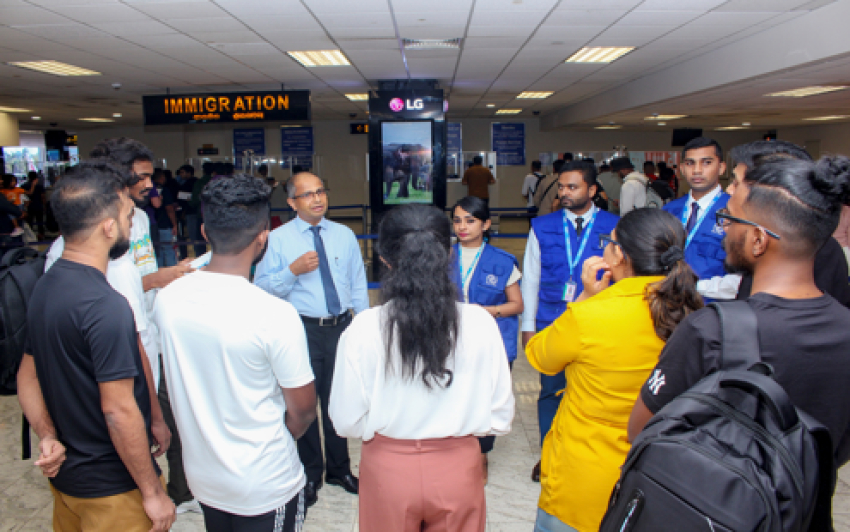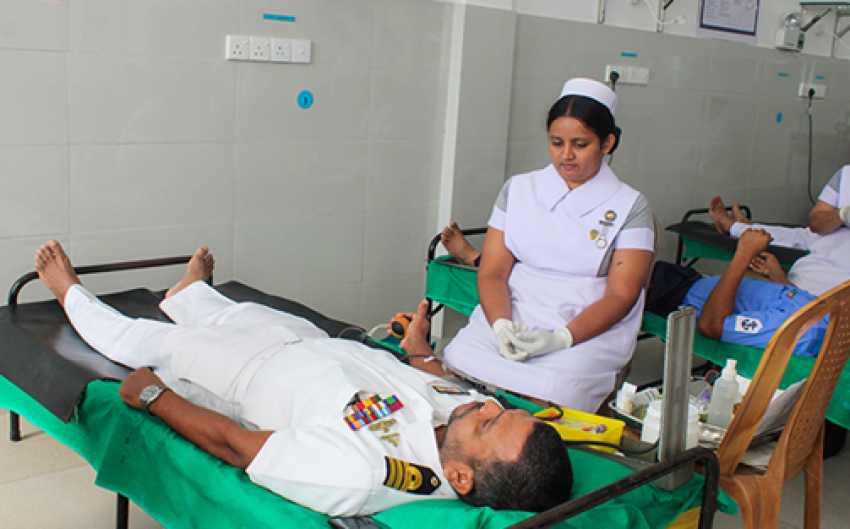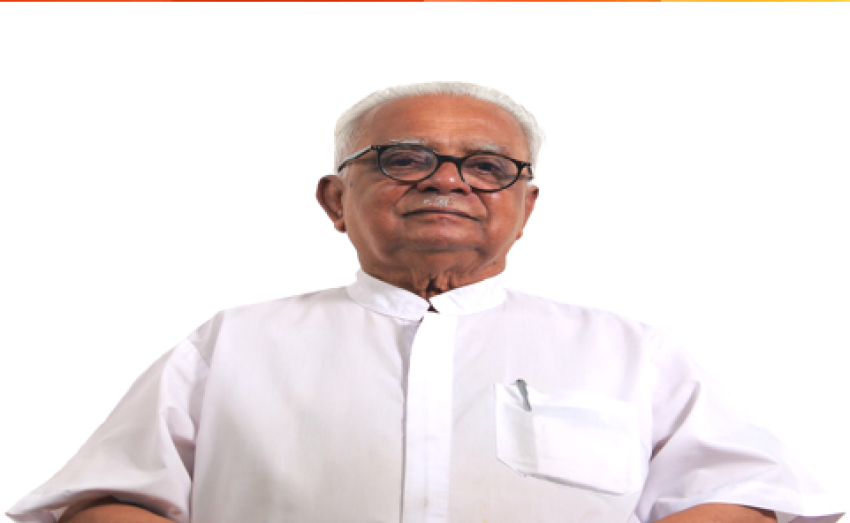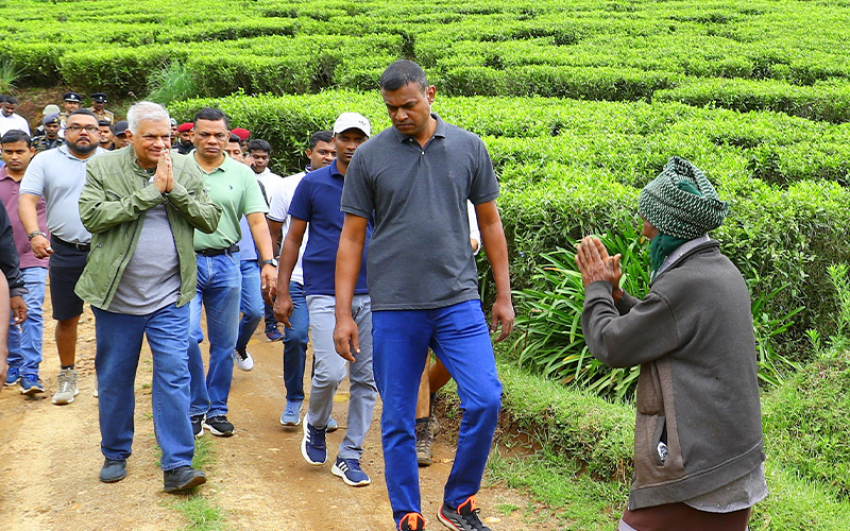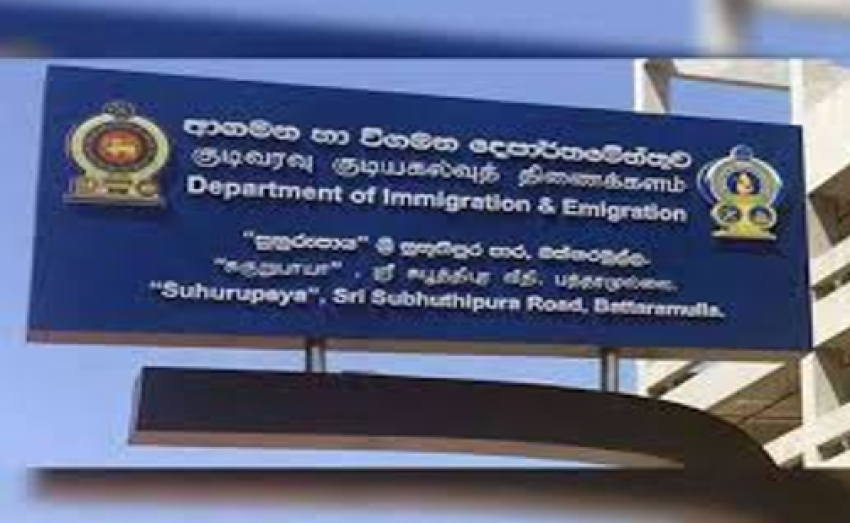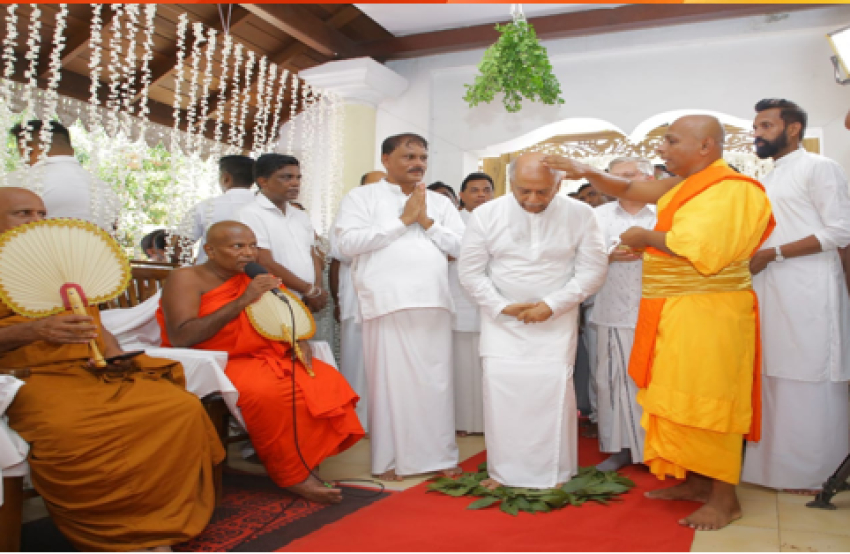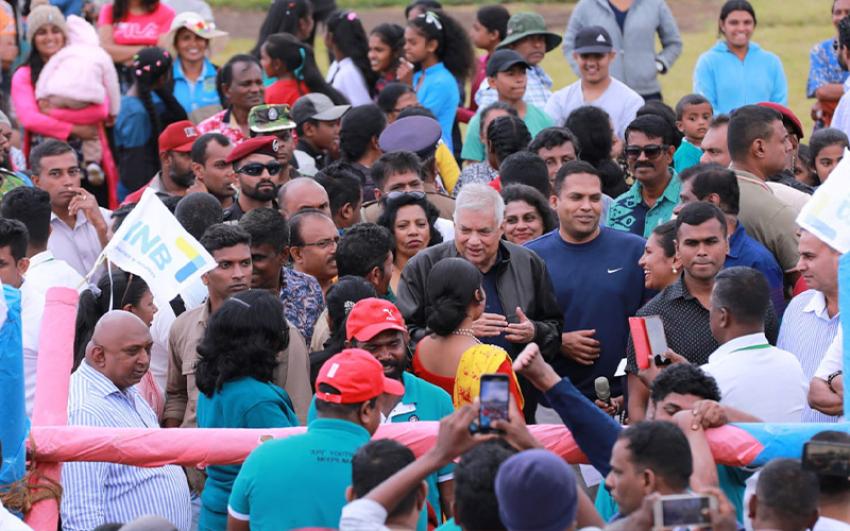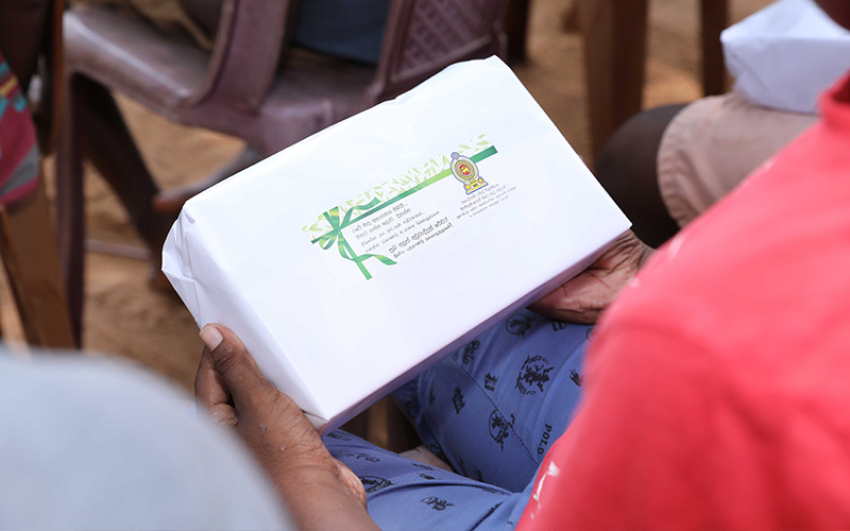Being a party to the Montreal Protocol on substances that deplete the ozone layer, Sri Lanka is committed both nationally and internationally to implement its obligations for conserving the lifesaving ozone layer. The Ministry of Environment (MOE) serves as the national focal point in Sri Lanka for the implementation of Montreal Protocol obligations. The National Ozone Unit (NOU) of the Ministry carries out the activities set out for achieving the objectives of the protocol.
Sri Lanka commemorates the International Day for the Preservation of the Ozone Layer annually on 16 September. The main objective of this event is to raise awareness about the actions that are being taken by the Ministry of Environment and all the stakeholders in order to protect the ozone layer and the development of technologies together with spreading the idea of ozone science.
Considering the prevailing pandemic, the national event for World Ozone Day 2021 is organized virtually via zoom platform at 10.00 a.m. today with the global theme ‘Montreal Protocol: Keeping us, our food and vaccines cool’. The event will be held under the patronage of Hon. Mahinda Amaraweera, Minister of Environment with the participation of Dr. Anil Jasinghe, Secretary to the Ministry of Environment.
One of the key highlights of the event will be Ozone Dialog on Vaccine Cold Chain between Dr. Manjula Kariyawasam, Consultant Epidemiologist of the Ministry of Health and a retired civil servant Eng. Piyasiri Kalubowila, at the time where vaccines being a hot topic across the world. Since the beginning of the COVID-19 vaccination campaigns at the end of 2020, the world has become aware of the importance of refrigeration and, in particular, of the cold chain, which is essential for the organization of a global vaccination campaign against the SARS-COV-II virus. The use of very low storage temperatures for the first vaccines has raised the public’s awareness about the importance of the cold chain for vaccine preservation and mobilized all those involved in temperature-controlled logistics. The cost and affordability of the vaccines are heavily depended on the temperature they need to be stored at. It is a timely need to know about the vaccine cold chain, its requirements and challenges especially in Sri Lanka.
The Ministry of Environment uses World Ozone Day as a means to raise awareness and widen engagement of different segments in the community. Various competitions are held and events are organized every year. A series of cross word puzzle competitions and Ozone short script writing competitions for everyone and Ozone poster design competition for students were held
this year. The announcement of the winners will be made at this virtual event.
During the past 3 decades of engagement to protect Ozone layer, the Ministry has observed that women’s participation in the air conditioning and refrigeration sector is very low in Sri Lanka. Increasing it cannot be achieved unless an interest is created among girl children at a younger age. Educating a girl child means educating a family. Therefore, the Ministry of Environment plans to engage with the Girl Guides Association of Sri Lanka and introduces the Ozone Friends’ Badge to involve girl children at all levels of the girl guides for the protection of Ozone Layer. This may also encourage the enrollment of girls in the Refrigeration and Air Conditioning Sector and help them to influence the society in near future. As an initial step, a competition was held among different groups of girl guides to design the badge for their respective groups and the winners of this competition will also be announced at the event. Decades ago, Sri Lanka banned the use of chlorofluorocarbons (CFCs) which were used as refrigerants and had high Ozone Depleting Potential (ODP). Hydrochloroflurocarbons (HCFCs), that have low ODP than CFCs were introduced as alternatives to CFCs. Considering their impact on Ozone layer, countries are committed to phase out them and hydroflurocarbons (HFCs) having zero ODP were introduced as alternatives to HCFCs. Later HFCs were found to be having high global warming potential, which are thousands of times higher than carbon dioxide. Though they do not contribute to ozone layer depletion, they contribute to global warming leading to climate change. Countries across the world, including Sri Lanka are committed to phasedown the use of HFCs too.
In order to mitigate the global warming impacts of the use of HFC’s, it was decided to introduce seed balls, an indigenous way to support growing trees, forests and restoring degraded lands. Volunteers including the school children of Karadiyanaru National School, ‘Verkal’, voluntary organization from Thethathivu, in the Batticaloa District under the leadership and guidance of
Mr. Riyas Ahamed, Senior Lecturer at the South Eastern University of Sri Lanka have prepared the seed balls and shared with the Ministry to distribute among its stakeholders. A documentary video on making seed balls will also be telecasted in the event. Seed ball making and distribution is a great way to engage people of all ages and backgrounds involved in the greening process, including those who might never have considered themselves as such. The collective action starts here.
The main event will be conducted in Sinhala and simultaneous interpretations are arranged for
Tamil and English to ensure inclusiveness leaving no one behind. The zoom webinar ID of the
event is 891 9391 2387. The registration link is:
https://us02web.zoom.us/webinar/register/WN_JdgADFuzTiC9B6lSofnZlw.
The event is also telecasted live on facebook@lankaozone<br< a=""> />Air Resource Management and National Ozone Unit
Ministry of Environment
Sri Lanka</br<>

